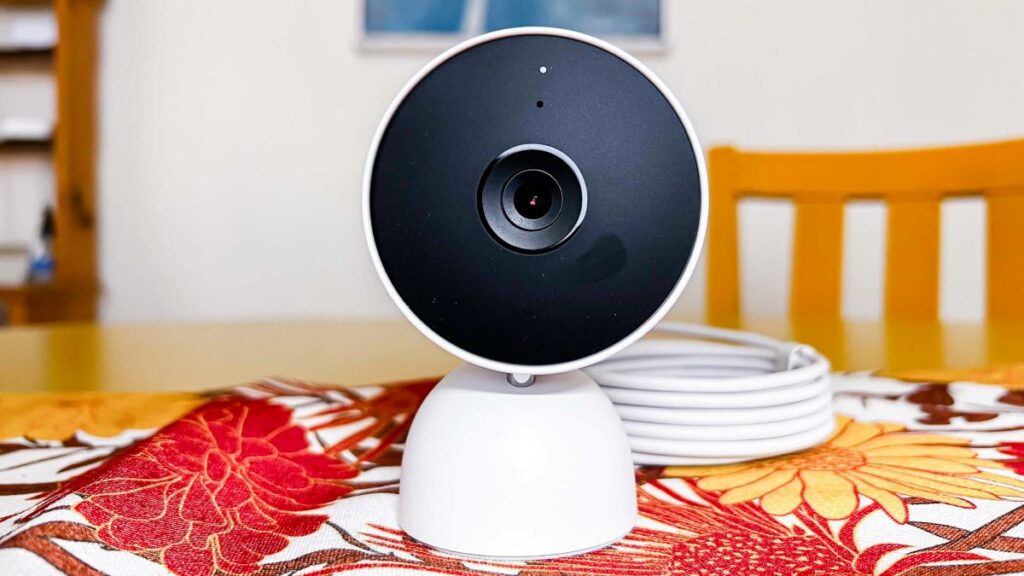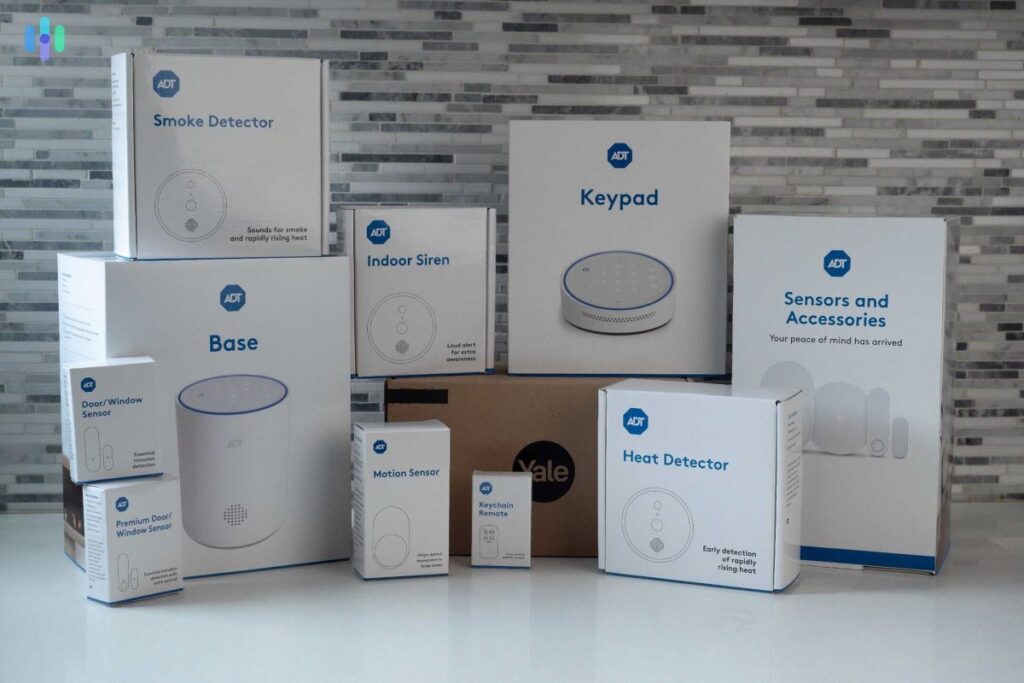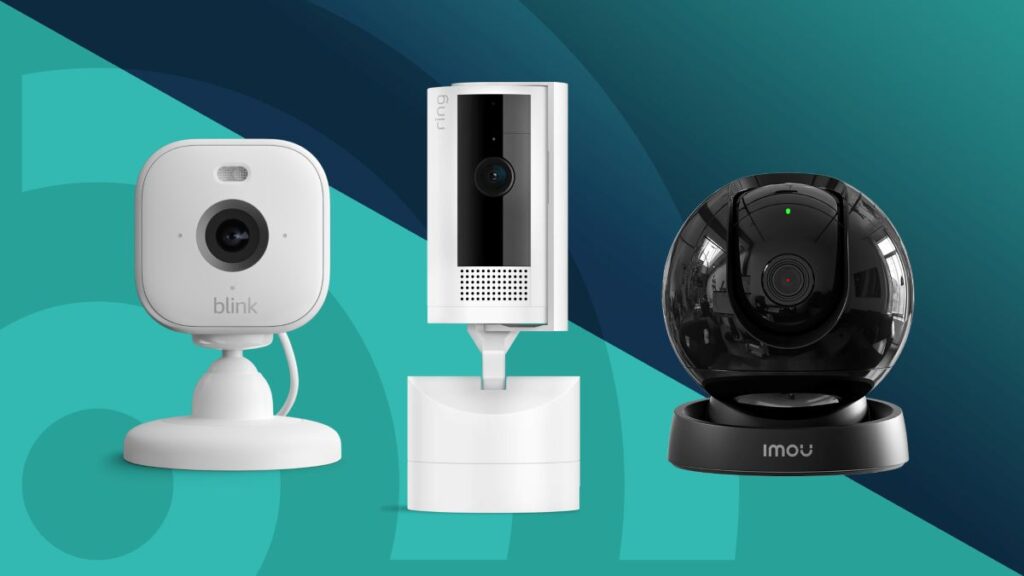In an increasingly connected world, the importance of home security cannot be overstated. With the rise of wireless technology, homeowners now have access to innovative solutions that not only enhance security but also offer unparalleled convenience. This article delves into the various wireless home security solutions available, their benefits, and how they can be integrated into everyday life.
The Evolution of Home Security
Traditionally, home security systems relied on wired connections, which often posed challenges in terms of installation and flexibility. Homeowners were required to drill holes, run cables, and sometimes even compromise the aesthetics of their homes. However, the advent of wireless technology has revolutionised this landscape, making security systems more accessible and user-friendly.
From Wired to Wireless
The shift from wired to wireless systems has been largely driven by advancements in technology. Wireless systems utilise radio frequencies to communicate between devices, eliminating the need for cumbersome wiring. This not only simplifies installation but also allows for greater flexibility in terms of system placement and expansion.
Moreover, wireless systems are often equipped with features such as remote access and real-time notifications, enabling homeowners to monitor their properties from anywhere in the world. This level of convenience was unimaginable just a few decades ago. The integration of mobile applications has further enhanced this experience, allowing users to control their security settings, view live feeds, and receive alerts directly on their smartphones, thus providing peace of mind even when they are miles away from home.
Modern Features of Wireless Security Systems
Today’s wireless home security solutions come packed with features that enhance both convenience and protection. Many systems now include high-definition cameras, motion sensors, and smart home integration capabilities. These features work together to create a comprehensive security solution that can be tailored to meet individual needs.
For instance, smart cameras can provide live feeds to a homeowner’s smartphone, allowing for real-time monitoring. Additionally, many systems now offer cloud storage options, ensuring that footage is securely stored and easily accessible. This not only protects against data loss but also allows homeowners to review past incidents with ease. Furthermore, advancements in artificial intelligence have led to the development of systems that can distinguish between familiar faces and potential intruders, significantly reducing false alarms and enhancing overall security. The ability to integrate these systems with other smart home devices, such as smart locks and lighting, creates a cohesive ecosystem that not only safeguards the home but also enhances the daily living experience, making it more efficient and secure.
Benefits of Wireless Home Security Solutions
Wireless home security systems offer a plethora of benefits that make them an attractive option for homeowners. From ease of installation to enhanced functionality, these systems are designed to provide peace of mind without the hassle of traditional security measures.
Ease of Installation
One of the most significant advantages of wireless systems is their ease of installation. Homeowners can often set up their systems without the need for professional assistance. Most wireless devices come with user-friendly instructions, allowing for quick and straightforward installation.
This ease of installation means that homeowners can relocate their security devices as needed, adapting their systems to changing circumstances or new layouts. Whether moving to a new property or simply rearranging furniture, wireless systems offer the flexibility that wired systems cannot.
Cost-Effectiveness
In addition to convenience, wireless home security solutions can also be more cost-effective than their wired counterparts. The elimination of installation costs associated with running cables can lead to significant savings. Furthermore, many wireless systems are modular, allowing homeowners to start with a basic setup and expand as their needs grow.
When considering the long-term benefits, the ability to monitor and manage home security remotely can also lead to reduced insurance premiums. Many insurance companies offer discounts for homes equipped with security systems, further enhancing the cost-effectiveness of these solutions.

Types of Wireless Home Security Solutions
With a variety of wireless home security solutions available, homeowners can choose the system that best fits their needs. From comprehensive security systems to individual devices, the options are vast and varied.
Wireless Security Cameras
Wireless security cameras are a cornerstone of modern home security. These devices allow homeowners to monitor their properties in real-time, providing peace of mind whether at home or away. Many models come equipped with features such as night vision, motion detection, and two-way audio.
Moreover, with the integration of smart technology, users can receive alerts on their smartphones when motion is detected, ensuring they are always in the loop regarding their home’s security status.
Smart Doorbell Cameras
Smart doorbell cameras have gained popularity as an effective deterrent against package theft and unauthorised entry. These devices provide a live video feed of the area around the front door, allowing homeowners to see who is at their door before answering.
Many smart doorbell cameras also feature motion detection and can send alerts to the homeowner’s smartphone when someone approaches. This added layer of security not only enhances protection but also provides convenience for those who may be away from home.
Wireless Alarm Systems
Wireless alarm systems are designed to detect unauthorised entry and alert homeowners immediately. These systems typically include door and window sensors, motion detectors, and a central control panel. When an alarm is triggered, homeowners receive instant notifications, allowing them to take appropriate action.
Many modern alarm systems also integrate with smart home devices, enabling users to control their security settings through a single app. This level of integration enhances usability and ensures that homeowners can manage their security effortlessly.
Integrating Wireless Security with Smart Home Technology
The rise of smart home technology has further enhanced the capabilities of wireless security systems. By integrating security solutions with smart home devices, homeowners can create a cohesive and efficient security network.
Smart Home Hubs
Smart home hubs serve as the central control point for various devices within a home. By connecting wireless security systems to a smart home hub, homeowners can manage their security alongside other smart devices such as lights, thermostats, and locks.
This integration allows for automated routines, such as setting the security system to ‘away’ mode when leaving the house or receiving alerts when doors are unlocked. Such features not only enhance security but also contribute to overall convenience.
Voice Control Integration
Many wireless security systems now support voice control through popular virtual assistants. This functionality allows homeowners to arm or disarm their security systems using simple voice commands, making it easier to manage security while multitasking or when hands are full.
Voice control integration also enhances accessibility for individuals with mobility challenges, ensuring that everyone can benefit from modern security solutions.

Challenges and Considerations
While wireless home security solutions offer numerous benefits, there are also challenges and considerations that homeowners should be aware of. Understanding these factors can help individuals make informed decisions about their security needs.
Network Vulnerabilities
One of the primary concerns with wireless security systems is the potential for network vulnerabilities. As these systems rely on Wi-Fi connectivity, they can be susceptible to hacking if not properly secured. Homeowners should ensure their Wi-Fi networks are protected with strong passwords and encryption protocols.
Additionally, regular firmware updates for security devices are essential to protect against emerging threats. Many manufacturers provide updates to enhance security and functionality, so staying informed is crucial.
Battery Life and Maintenance
Another consideration is the battery life of wireless devices. Many wireless security systems rely on batteries, which require regular monitoring and replacement. Homeowners should be aware of the battery status of their devices and plan for maintenance accordingly.
Some systems offer low-battery alerts, but it is wise to establish a routine check to ensure all devices are functioning optimally. This proactive approach can prevent potential security lapses.
Conclusion
Wireless home security solutions represent a significant advancement in the realm of home protection. With their ease of installation, cost-effectiveness, and integration with smart home technology, these systems provide homeowners with a comprehensive and convenient way to secure their properties.
While challenges such as network vulnerabilities and maintenance exist, the benefits of wireless security systems far outweigh the drawbacks. By staying informed and proactive, homeowners can enjoy the peace of mind that comes with knowing their homes are protected by cutting-edge technology.
As technology continues to evolve, the future of home security looks promising. Embracing these innovations not only enhances protection but also contributes to a more convenient lifestyle, making wireless home security solutions an essential consideration for modern homeowners.
Related : Benefits of Commercial Security Monitoring for Sydney Businesses

